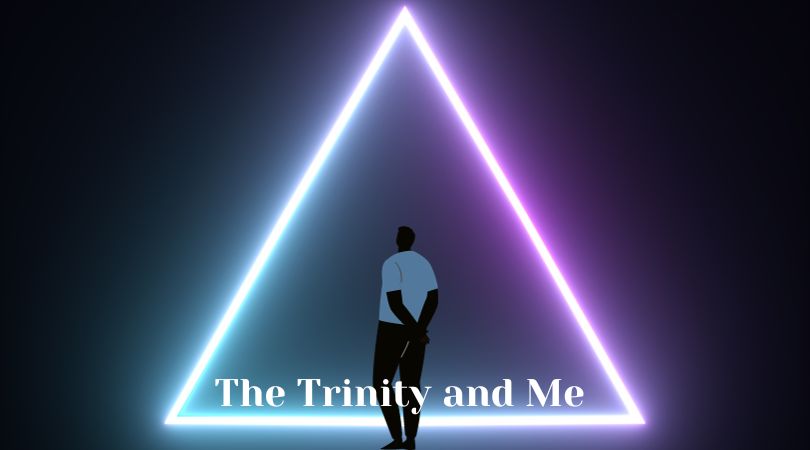
By Pastor Royston Smith
“Communication is one of the most important skills you will need to live a successful life.”
Former Presidential Speechwriter James C. Humes
Communication is the means of sharing ideas, thoughts and information. Usually, it involves at least one sender, a message, and a recipient. Though in theory a simple concept, communication can often be a rather complex endeavour. There are various challenges, such as language, emotional, cultural and geographical barriers. We sometimes allow our pre-conceived ideas to derail the flow of communication. Understanding these issues will enable us to better navigate these inevitable challenges.
Communication is one of the most powerful tools that we have at our disposal, and It comes in two forms: verbal and non-verbal. In the former, we use sounds and words to express ourselves. The latter refers to that which occurs without / or in addition to words. Most of what we ‘say’ is done without words. Our body language, facial expressions and mannerisms usually tell the real story. Our manner of communication has far-reaching effects-it can bring peace or conflict, spark love, or lead to divorce. Thriving relationships boast positive communication.
Effective communication takes place when the intended message of the sender has been received. The story is told of a mother who was away all weekend at a business conference. During a break, she decided to call home and reverse the charges. Her six-year-old son picked up the phone and heard the voice of a stranger, “We have a Marcia on the line. Will you accept the charges?” Frantic, he dropped the receiver and charged outside screaming, “Dad! They’ve got Mom! And they want money!” His panic was the result of a misunderstanding.
Anyone who is keen to make a more significant impact by developing deeper and more meaningful relationships must recognise that effective communication is key. “Understand this, my dear brothers and sisters: You must all be quick to listen, slow to speak…” James 1:19. Speaking is not communication; there needs to be a two-way dialogue that includes the critical elements of listening and understanding. In order to fully understand others, we must be careful to listen to that which is said as well as observe the non-verbal cues. “The single biggest problem in communication is the illusion that it has taken place.” Bernard Shaw -Irish playwright. Just because we have spoken doesn’t mean communication has taken place.
God communicates with us through the Bible-take a look; nature-take the time to look and listen for His voice; prayer-speak and listen to God. We need to pay attention, be willing and ready to listen. “Then God came and stood before him exactly as before, calling out, ‘Samuel! Samuel!’ Samuel answered, ‘Speak. I’m your servant, ready to listen.’ ” 1 Samuel 3:10
God wants to connect with you. He is calling. Will you listen?
Let’s Pray
Dear Jesus, I want to connect with you, just like the boy Samuel. Please help me to stop and listen to your voice, amen





